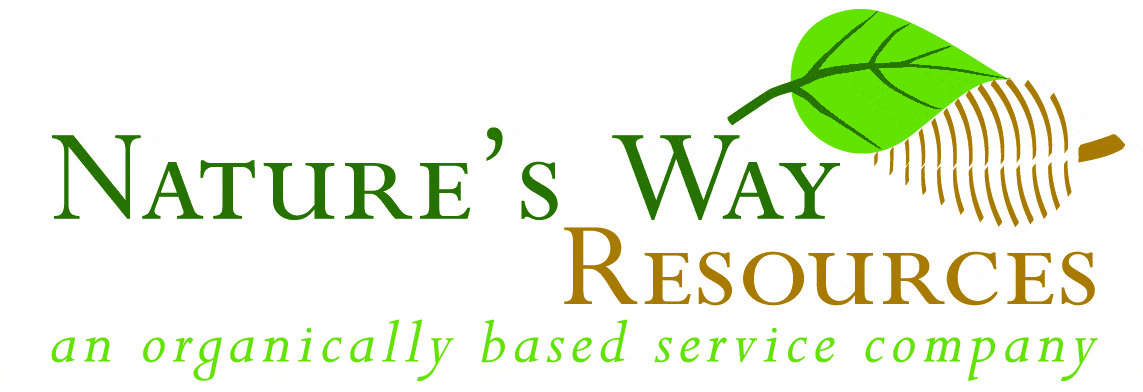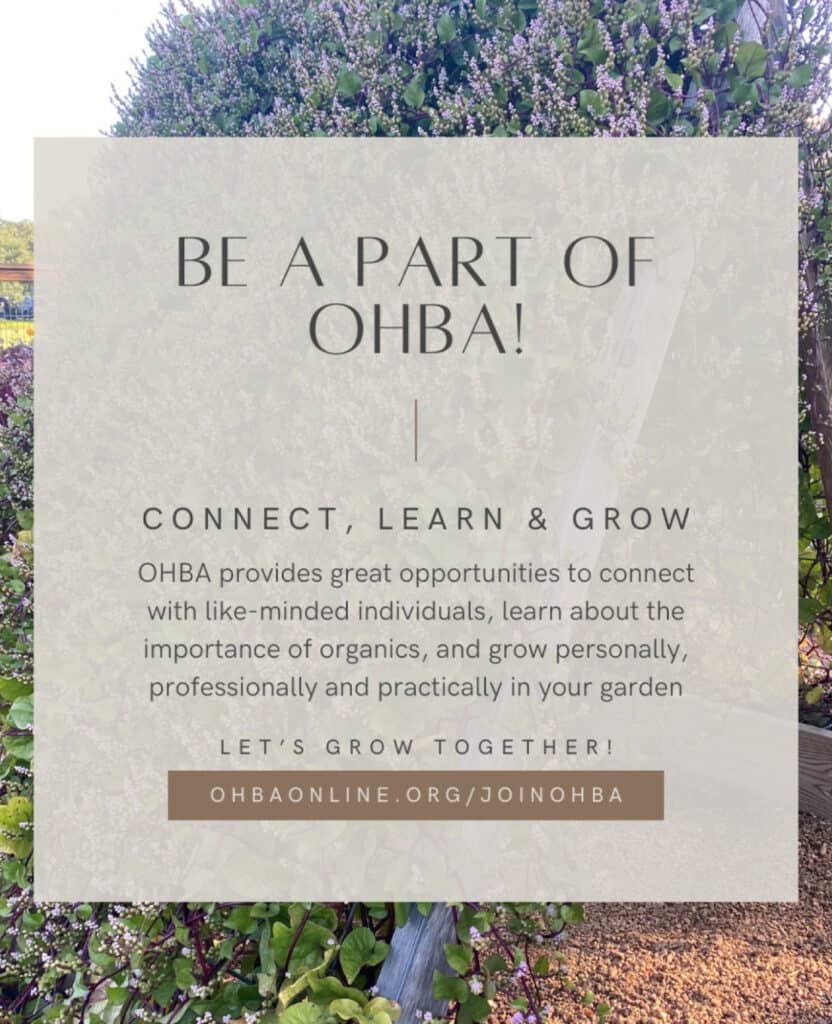John’s Tip Of The Week
By John Ferguson
As gardeners know, composting at home is a wonderful opportunity to recycle nature’s food bounty back to nature and benefit ourselves. You can both lower your carbon footprint and your need to buy chemical fertilizers, and improve the health of your soil and plants. Improved soil health also equates to more water storage capacity of the soil, which can result in less irrigation and lower water bills.
Dead soils can absorb a ½” rain event before sheet draining. Healthy soils can absorb an 8″ rain event before sheet draining. How’s that for flood control?
Composting at home is not overly complicated, but neither is it ‘idiot-proof.’ Many people want to compost but fear making mistakes or attracting vermin. Sometimes it gets smelly and sometimes it doesn’t seem to ever finish. For instance: piles that smell like ammonia need more carbon-intensive material. If piles smell rotten, they are not getting enough oxygen and need turning. If they attract vermin and rats, the easiest method is to acquire a compost bin with a lid, otherwise, completely bury new food waste in the middle of the pile. The Texas Master Composter Program* is designed to take the fear out of and help people learn about this natural process, and then the volunteering component after the class time helps reaffirm this learning. Expert speakers give the very fine-grained information from soil types to bio-chemical interactions at home and commercially, as well as macro views of how the greens get mixed in with the browns and how they are screened and bagged at a large facility.
***
Steve can be contacted at 832-394-9050 or steve.stelzer@houstontx.gov
*The City of Houston Green Building Master Composter course is part of the State of Texas Alliance for Recycling (STAR), a coalition of recyclers, from industry and municipalities to academia, concerned citizens, and fellow nonprofits. www.recyclingstar.org. STAR is the statewide administrator of the Master Composter program (one of many projects), City of Houston Green Building Resource Center’s 1002 Washington Ave. site.
Details:
www.codegreenhouston.org
Facebook.com/HoustonGBRC
As gardeners know, composting at home is a wonderful opportunity to recycle nature’s food bounty back to nature and benefit ourselves. You can both lower your carbon footprint and your need to buy chemical fertilizers, and improve the health of your soil and plants. Improved soil health also equates to more water storage capacity of the soil, which can result in less irrigation and lower water bills.
Dead soils can absorb a ½” rain event before sheet draining. Healthy soils can absorb an 8″ rain event before sheet draining. How’s that for flood control?
Composting at home is not overly complicated, but neither is it ‘idiot-proof.’ Many people want to compost but fear making mistakes or attracting vermin. Sometimes it gets smelly and sometimes it doesn’t seem to ever finish. For instance: piles that smell like ammonia need more carbon-intensive material. If piles smell rotten, they are not getting enough oxygen and need turning. If they attract vermin and rats, the easiest method is to acquire a compost bin with a lid, otherwise, completely bury new food waste in the middle of the pile. The Texas Master Composter Program* is designed to take the fear out of and help people learn about this natural process, and then the volunteering component after the class time helps reaffirm this learning. Expert speakers give the very fine-grained information from soil types to bio-chemical interactions at home and commercially, as well as macro views of how the greens get mixed in with the browns and how they are screened and bagged at a large facility.
***
Steve can be contacted at 832-394-9050 or steve.stelzer@houstontx.gov
*The City of Houston Green Building Master Composter course is part of the State of Texas Alliance for Recycling (STAR), a coalition of recyclers, from industry and municipalities to academia, concerned citizens, and fellow nonprofits. www.recyclingstar.org. STAR is the statewide administrator of the Master Composter program (one of many projects), City of Houston Green Building Resource Center’s 1002 Washington Ave. site.
Details:
Facebook.com/HoustonGBRC

